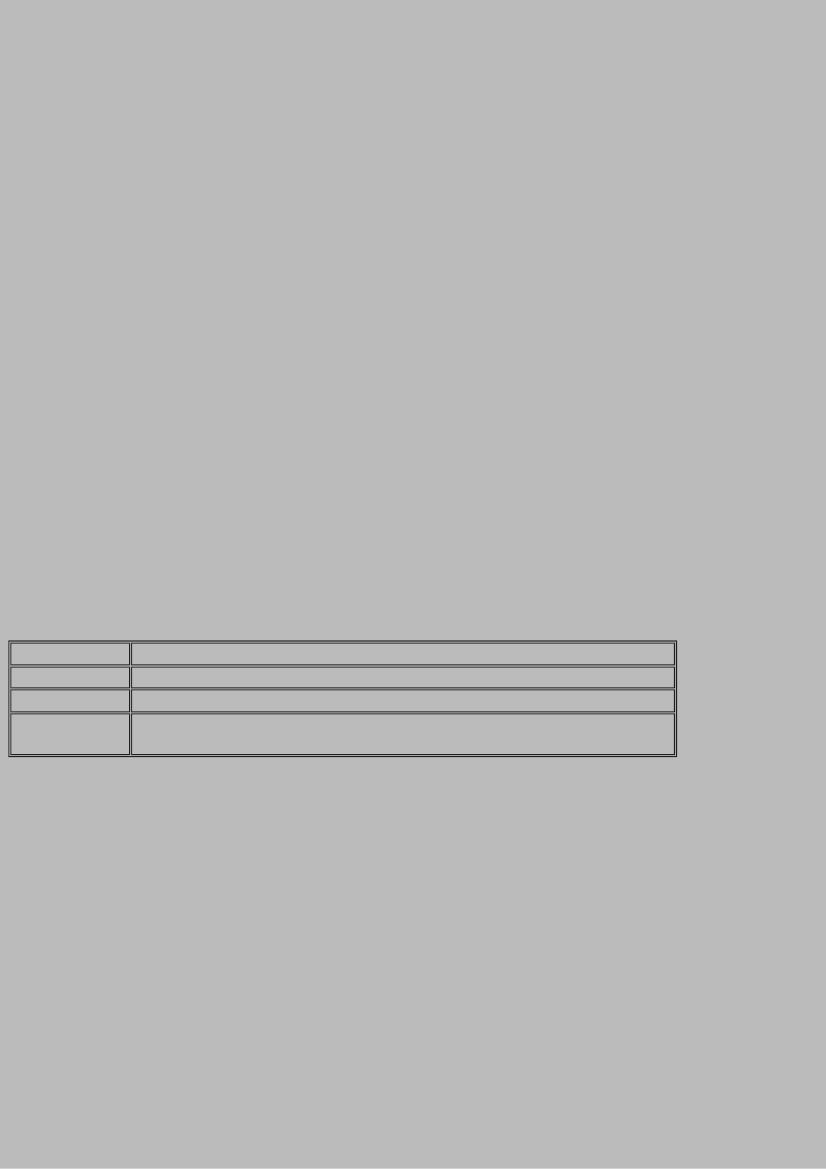
Modtaget via elektronisk post. Der tages forbehold for evt. fejl
Europaudvalget
(Alm. del - bilag 416)
Det Europæiske Råd
(Offentligt)
_____________________________________________
URU, Alm. del - bilag 93 (Løbenr. 6248)
Medlemmerne af Folketingets
Europaudvalg og deres stedfortrædere
Bilag
1
Journalnummer
400.C.2-0
Kontor
EU-sekr.
5. december 2000
Til underretning for Folketingets Europaudvalg vedlægges i forbindelse med det ordinære møde i Det
Europæiske Råd i Nice den 7.-9. december 2000 rapport fra Generalsekretæren/Den Højtstående
Repræsentant og Kommissionen vedr. konfliktforebyggelse.
COVER NOTE
From :
To :
Date :
Subject :
General Secretariat
Council
30 November 2000
Conflict Prevention: Report by the Secretary General/High Representative and
the Commission
________________________________________________________________________________
Delegations will find attached a report by the Secretary General/High Representative and the Commission to the Nice
European Council on Conflict Prevention.
_________________________________